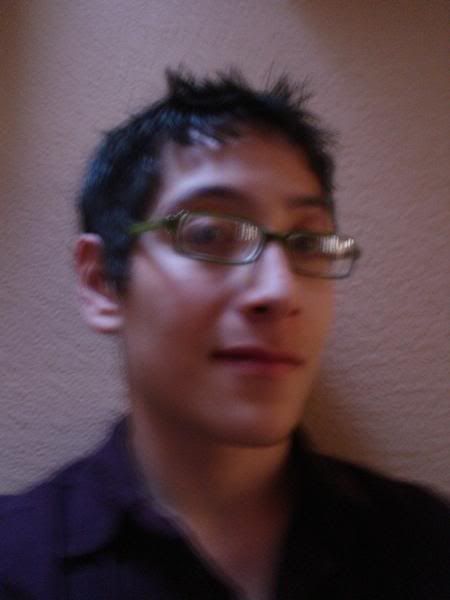Existentialism Made Easy!
I decided to submit an article to WikiHow. Too bad my article is getting deleted as I type. Oh well, here it is (was).
How to Exist
Are you having and existential Crisis? Well, this article aims to show you how to exist in three simple steps.
Steps
1. Be born. This is an important step; it's kind of hard to be a part of the natural world without being born.
2. Be alive. Hello and welcome to Earth. It's a nice place to live.
3. Repeat Step 2 as long as possible.
Tips
* Don't die. You can't live if you're dead. Here's a simple acronym to remember how not to die: B.F.D.S.D.B.M.E.
B.- Breathe. Your body needs oxygen to survive. The lack of oxygen inevitably leads to the lack of life, so remember to inhale and exhale air.
F.- Feed your self. The entire homeostasis of your body depends on energy. Where does energy come from? Food, of course! Food to stay away from: anything poisonous and human flesh (cannibalism is frowned upon, unless you're in a remote cannibal tribe where that is cool, then it's alright.)
D.- Drink water. The human body is more than 70% water, so you kind of need it to survive.
S.- Sharp objects. Yeah, they're bad and usually lead to injury and/or death. Try to avoid poking yourself with them as much as possible.
D. Diseases. Diseases lead to death, so try to avoid places that look like incubators for diseases: old food, raw meat, rabid animals, mold, cesspools, Paris Hilton, etc.
B.- Blood. When blood comes out of you, it's usually a bad thing. Once you start bleeding, seek out immediate attention (i.e. band-aides or a hospital).
M. Moderation. As with most things in life, moderation is key. Don't be a glutton and remember that there's a limit to the stuff you can ingest or be exposed to.
E.- Etcetera. The human creature learns and can reason. Use your brain and determine what is and what isn't a good decision in living. Don't be stupid. There's countless ways to die, and I can't put them all here; but you should be able to logically determine what is benign or not, if there's a failure to do so on your part, well, that's just Darwinism.
Warnings
* See B.F.D.S.D.B.M.E.
Labels: boredom, randomness
